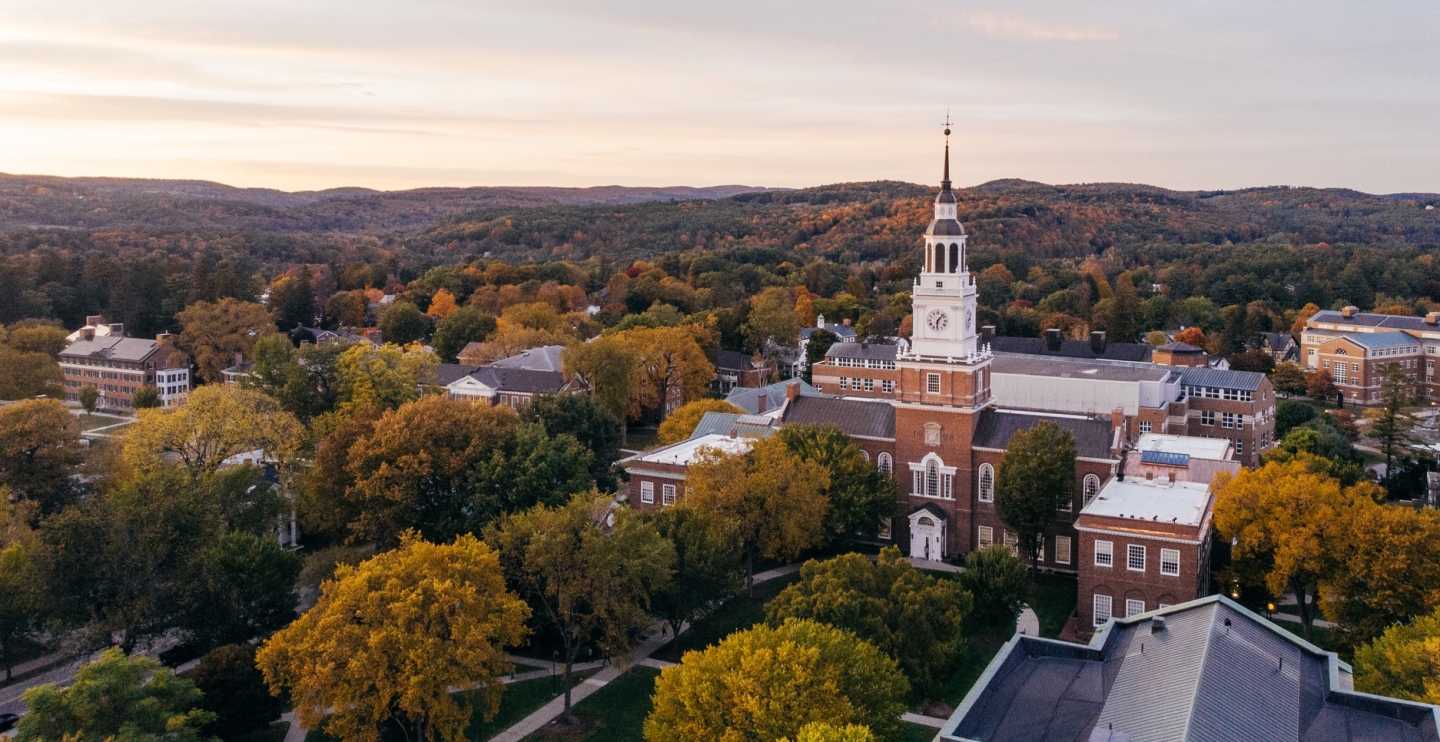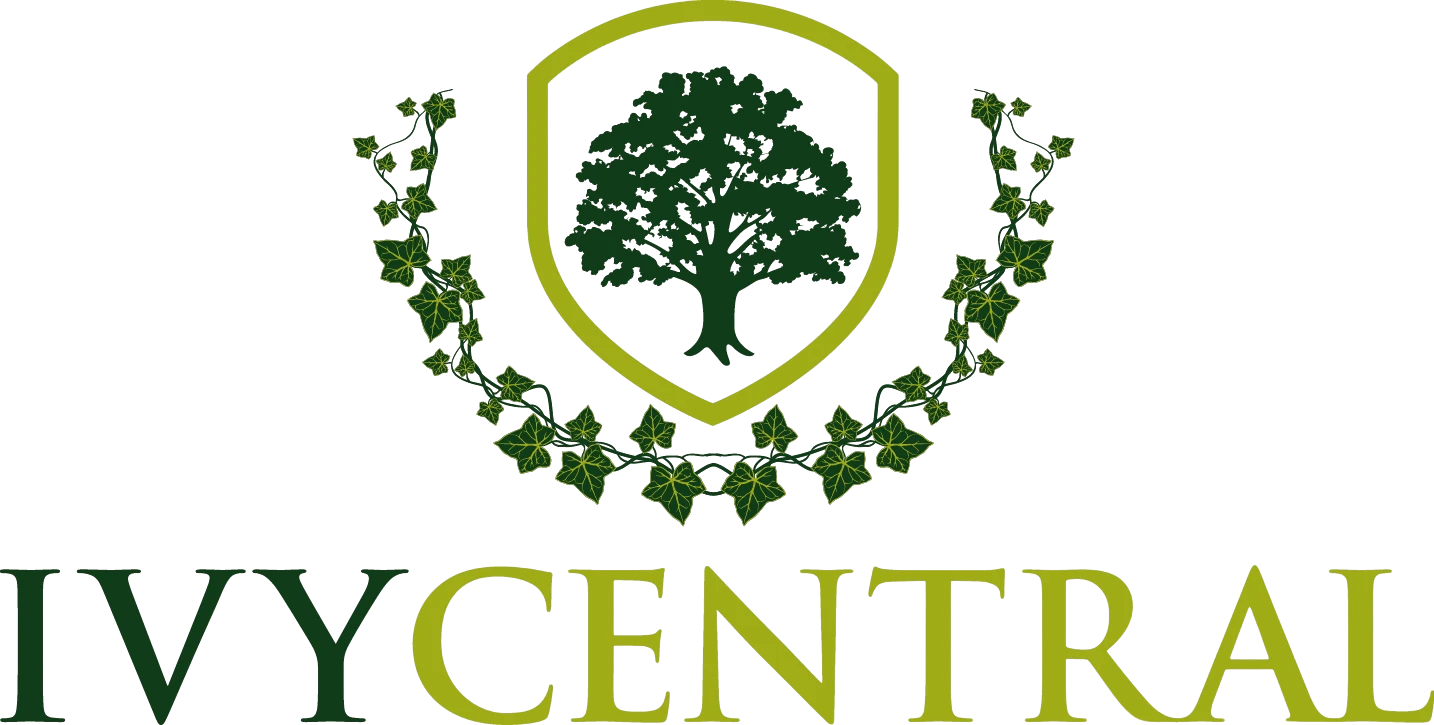
Acceptance rate of Dartmouth
Located in Hanover, New Hampshire, Dartmouth is one of eight Ivy League colleges that is ranked at #16 by the Forbes America’s Top Colleges List 2025. Known for its rigorous academics and its unique year-round academic calendar. The “D Plan” is the name given to Dartmouth’s quarter-system calendar. This consists of four 10-week terms per year, providing students immense flexibility. This enables students to participate in internships since they are not required to do it during the summer. Hence, they bypass the summer rush for internships. This also allows students to pursue their interests in other areas or even travel for longer durations.
Dartmouth has five schools: Arts & Sciences, Geisel School of Medicine, Guarini School of Graduate and Advanced Studies, Thayer School of Engineering, and Tuck School of Business. However, only two of them are open to undergraduates—Arts & Sciences and the Thayer School of Engineering.
Changing Trends
This year, 2024-25, for the class of 2029, Dartmouth received 3,550 early applications. However, the university is yet to release the number of students it admitted. For the class of 2028, Dartmouth received 31,657 applications and admitted only 1,685 students. For the Early Decision rounds, the college received 3550 applications. The overall admission rate of 5.3%, a record low, as compared to the previous year’s acceptance rate of 6.2% when 1798 students were accepted. The class of 2027 received 28,881 applicants, and the ED acceptance rate was nearly 19%. This indicates the importance of committing to the school.
According to a Dartmouth News article, applications to Dartmouth rose by 18% from the previous year, indicating increased competition.
Geographical Diversity
Accepted students represent 47 U.S. states, the District of Columbia, Puerto Rico, and 47 nations across the globe. Dartmouth did not mention the number of legacy students admitted to the class of 2028. The class of 2027 saw 14% of admitted students via early decision were legacies. Dartmouth admitted 21% Asian students.
Dartmouth data mentions that 17% of the class of 2028 were first-generation in college; 14% were foreign citizens; US citizens, permanent residents, asylees, or undocumented were 86%, and domestic students from rural/small towns were 15%.
https://admissions.dartmouth.edu/apply/class-profile-testing
Standardized Testing
Dartmouth has gone back to requiring standardized test scores. They do not have any institutional preference; hence, students can submit either ACT or SAT scores. Though the college follows the holistic process of evaluating students, the test scores in conjunction with students’ high school reports enable them to ascertain the academic preparedness of a student. The college encourages students to submit all their scores, since they follow a policy of superscoring, i.e., consider the highest result on individual sections of either exam regardless of the test date or testing format.
Student diversity
The Class of 2028 enrolled a total number of 1,183 students, out of which 554 were females, 610 were males, and 19 were genderqueer/non-binary/questioning/trans.
Increased competitiveness
“It was unquestionably the best ED pool I have seen in my eight years at Dartmouth,” Vice President and Dean of Admissions and Financial Aid Lee Coffin stated in the press release. Reading a statement such as this makes it evident that there is not only a rise in competition but even an increase in the college becoming selective. The record number of applications year after year provides the admissions committee enough room to pick the best of the best. The applicants are high achievers and are defined as “energetic, curious, values-driven, and diverse in a broadly defined way.”
Applications to Dartmouth have soared also because it follows a need-blind admission policy for applicants, including international students. which means that applicants’ financial competency will not be considered for admission. The number of students admitted through QuestBridge for the class of 2028 was also a record of 47 students. These students are eligible for a Federal Pell Grant that covers the entire cost of attendance for four years.
https://admissions.dartmouth.edu/apply/universal-need-blind-policy
As a prospective student, if you are planning to apply to any of the selective colleges in the U.S., it is important to start the process early.
Working with study abroad consultants, overseas education consultants, or, as more commonly known, college counselors, can help you plan and make those high school years count. We can help you with your college application process. Ivy Central offers exceptional focus to help you prepare for college admissions throughout the high school years. Start today!
Updated o 14/01/25
